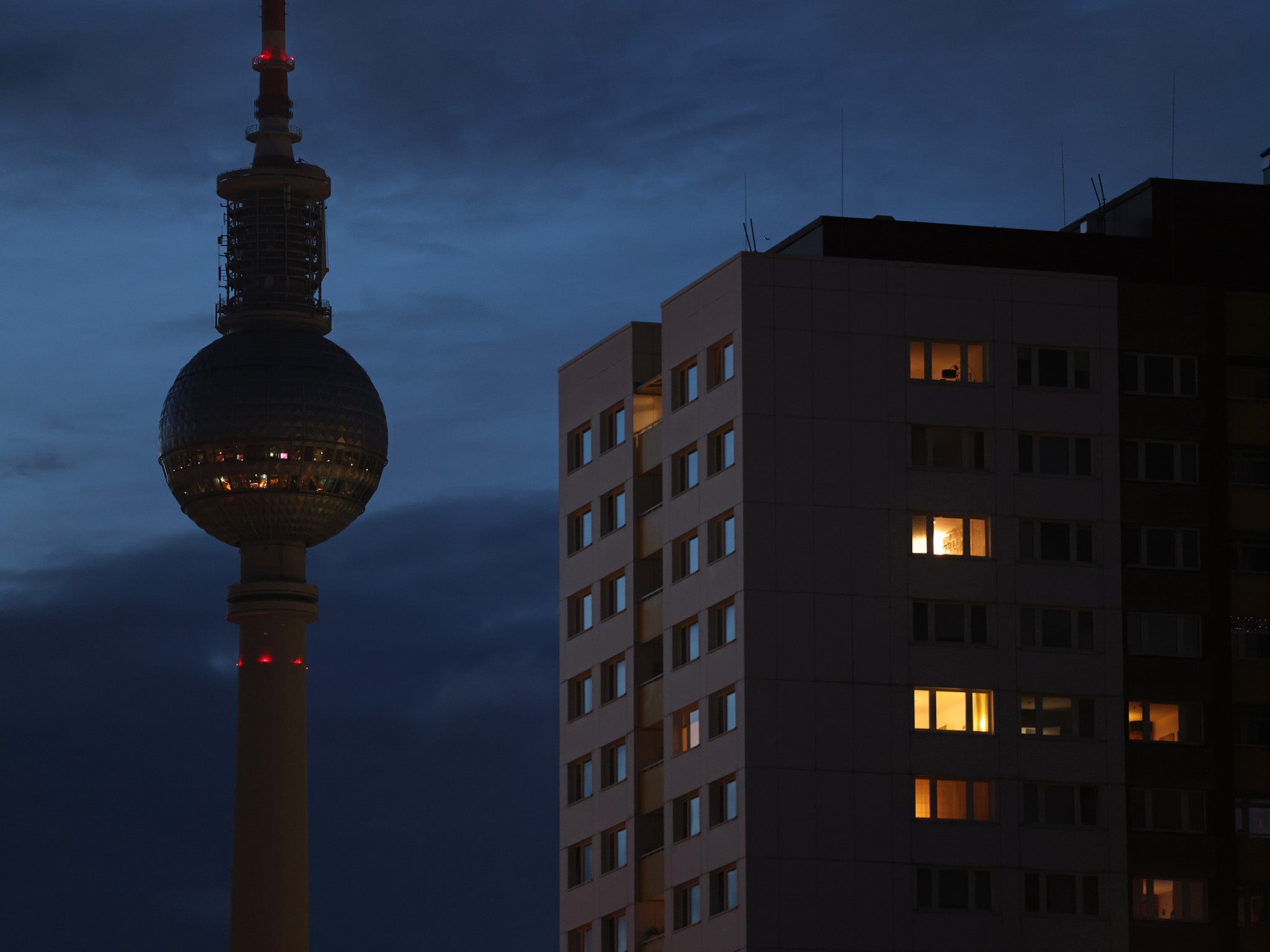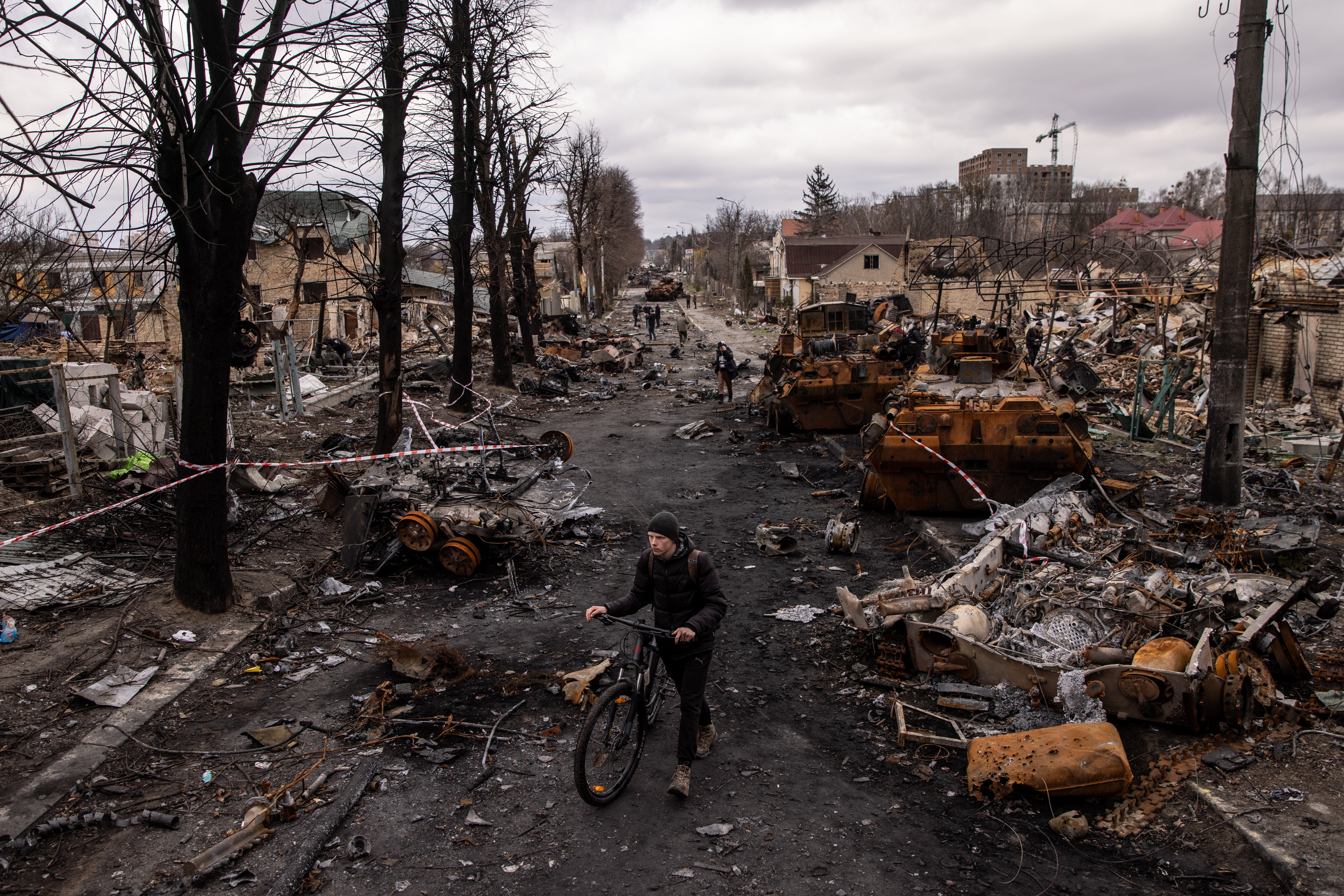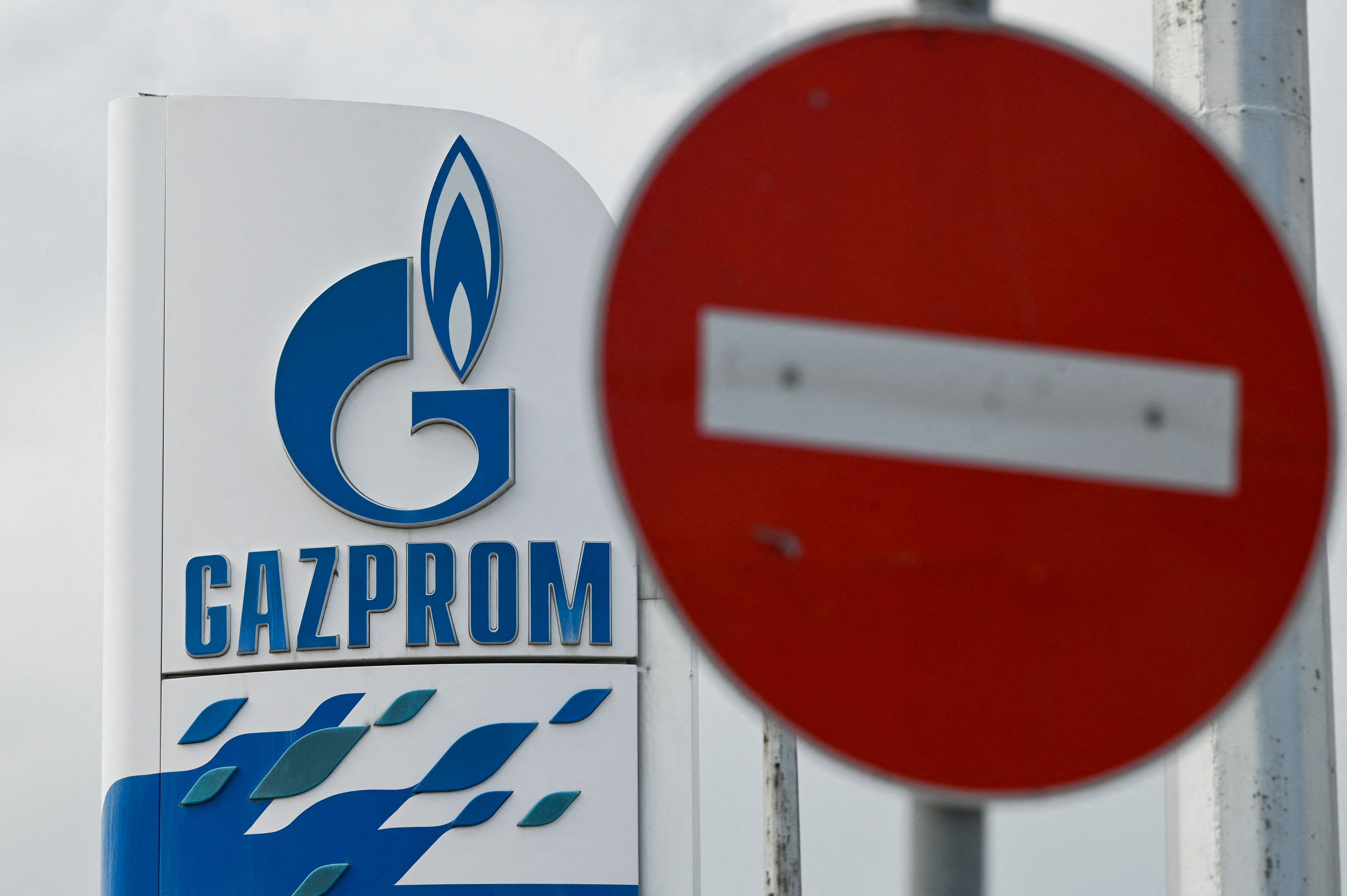The long, tough winter ahead: Europe’s energy crisis is about to get very real
Europe has scrambled to find alternative energy supplies ahead of the winter, but it will not be enough to prevent unaffordable bills and possibly social unrest, experts tell Rory Sullivan


The stability of the European Union could come under threat this winter because of the scale of the energy crisis unleashed by Russia’s war in Ukraine, experts are warning.
Although the bloc recently announced plans to recoup around €140bn (£121bn) through a windfall tax on energy companies’ soaring profits, concerns remain about how it will cope with high prices and reduced gas supply in the months ahead.
In response to Western sanctions imposed following its invasion of Ukraine, Moscow has exerted an energy squeeze on the EU, which tightened last month when it shut down Nord Stream 1, its main gas pipeline to Europe.
While governments deal with the high politics of energy diplomacy, ordinary citizens fret about huge bills, being unable to heat their homes, and energy rationing, while small businesses consider whether to continue operating given the costs. Governments fear that such worries could morph into anger and unrest. It is a potent mix.
Amid such concerns, member states have rushed to fill up their energy storage in preparation for winter. As of mid-September, their reserves stood at 84 per cent capacity, enough for several months’ consumption.
They are also seeking deals abroad; this week, German chancellor Olaf Scholz will sign gas deals with three Gulf countries.
However, a cold winter could shatter the layer of security being put in place, according to Professor Jonathan Stern, a distinguished research fellow at the Oxford Institute for Energy Studies.
“The problem is if we have an early, cold winter. A significant cold snap in November/December would mean we still have three months of winter in front of us and we’ve used a lot of our storage. That would be a really bad scenario,” he says.
If this were to happen, much would depend on the global availability of liquified natural gas (LNG), a form of energy that Europe has pivoted towards since the start of the Ukraine war.
Stern says Germany could face the most difficult situation this winter, as Berlin attempts to wean itself off Russian energy imports. Central European countries such as the Czech Republic and Slovakia could also be badly affected, because of their reliance on the Kremlin’s gas.
In its efforts to use alternative energy sources, Berlin is now in the process of setting up LNG plants, with the first due to be completed around the end of the year.
Such projects are often completed behind schedule, though, warns Stern, who adds that potential delays could pile further pressure on Berlin. “It’s not unremarkable for large and complex pieces of infrastructure to be delayed by a few weeks or even a couple of months,” he says.
The other issue for Germany will be sourcing the LNG for its new plants. “The German government has instructed companies to contract for it, but the problem is that the global LNG balance is very tight,” the professor says.
It is a troubling time for other countries, too, including France, which produces much of its electricity supply in nuclear power plants. Many of these sites have reported low output over the summer, fuelling fears of shortages and blackouts this winter.

For Stern, it is understandable that European leaders are telling their populations they will weather the energy crisis this winter. However, he cautions that this assessment could well be proved wrong. “All politicians are assuring everyone that everything’s going to be fine, because they don’t want panic – very understandably. They might be right, but we don’t know.”
Adel El Gammal, the secretary general of the European Energy Research Alliance (EERA), also believes the months ahead could be extremely challenging for the EU, but predicts that next year will be tougher, once storage facility supplies have dwindled.
In the near short term, household energy expenditure is the biggest threat, according to El Gammal. “I believe there is a significant risk for the bloc’s stability. The bills in most countries will be totally unaffordable for most households,” he says (the European Commission announced its windfall tax proposal shortly after our conversation).
As an example, he points out that Belgium, the country where he lives, could see 40 per cent of its population fall into poverty if drastic steps are not taken to curtail energy bill rises.
“Without radical action, there is a huge risk of large parts of society falling into poverty. Which means, of course, social unrest and political instability that will in most cases profit Eurosceptic populist governments,” El Gammal says.
The head of the International Monetary Fund also gave a similar warning last week, warning that Europe could be hit by “some social unrest” in the event of a cold winter.
To ward off this threat, El Gammal says, the EU needs to reach a bloc-wide consensus on how to deal financially with the crisis, in the same way it did with the coronavirus pandemic.
Last Wednesday, the European Commission moved a step in this direction by releasing a series of proposals, which will be discussed by energy ministers on 30 September.
Under the plans, the bloc intends to apply a fossil-fuel levy on 33 per cent of energy companies’ taxable surplus profits. Brussels also wants to introduce a price limit of €180 (£161) per megawatt hour (MWh) on non-gas power plants whose revenue has spiked because of soaring electricity prices, which are pegged to the cost of gas.
As well as plugging their financial deficits with such measures, EU countries would be expected to reduce power use by 5 per cent during peak hours, in a bid to preserve energy stores. (Unlike the rest of Europe, the British government is not calling for reduced power usage, and is not considering a windfall tax on corporate profits.)
The notable omission from the EU’s draft proposals is a general gas-price cap – a policy that has been criticised by Germany, the Netherlands and Denmark, who said it could make the European market less attractive to overseas producers. A specific cap on the cost of Russian gas was also left out while its implications are assessed by the bloc.
Catalina Spataru, the director of the UCL Energy Institute, believes the latter measure should be introduced.
“I think putting a price cap [on Russian gas] is absolutely essential for domestic users and for small and medium enterprises. Otherwise, in the coming months, we will end up with more problems,” she says, arguing that unemployment will otherwise spike as a result of companies going bust.
El Gammal, who holds the same opinion, adds that it is also necessary to stem the flow of cash to Moscow.
“I think it should happen for two reasons. Firstly, this would reduce the pressure on the market. The other thing is that we need to dry out, by all means, the Kremlin’s financing of this horrible war. And at the moment this is not happening, unfortunately.”
However, Stern, the Oxford professor, thinks the EU’s talk of a Russian gas-price cap – for all its moral strengths – is potentially shortsighted, as the continent will still need the Kremlin’s gas for the next few years.

“We have correctly blasted Putin, condemned him, called him all sorts of names. But the problem is this: we need to maximise Russian gas supplies until we get past the next two or three winters,” he says.
“Of course, we want to punish Russia and cut down Russian energy imports, but do we really want to make things more difficult for ourselves? Because that’s not really going to help Ukraine.
“It’s going to create more difficult conditions in Europe... I fear there will be a moment, and it’s already started in certain central European countries, when citizens will say, ‘Are sanctions really necessary? Wouldn’t it be better to relax them and get some more energy?’”
Europe’s energy crisis also poses a conundrum about climate change targets, as countries like Germany rush to build new fossil-fuel infrastructure.
“If you’re going to start up big greenhouse-gas-producing installations, then you can kiss goodbye to at least your 2030 targets and probably beyond that as well,” Stern warns.
El Gammal, the head of EERA, which promotes green research, says the scale of the crisis demands urgent action. “Should we forget about climate measures for a while? It is something we might consider, but only under very, very strict conditions. It should then be legally framed, perfectly limited in time, and transparently monitored.”
Europe should seek the right balance between energy security, affordability and sustainability, Spataru says. For her, this can best be achieved by pouring money into renewable sources and by improving energy efficiency through better insulation.
“If we put in the effort now, everyone – our children, our grandchildren – will thank us. Otherwise, they’ll say we’ve done nothing, that we’ve caused them harm both environmentally and financially,” she says.




Join our commenting forum
Join thought-provoking conversations, follow other Independent readers and see their replies
Comments